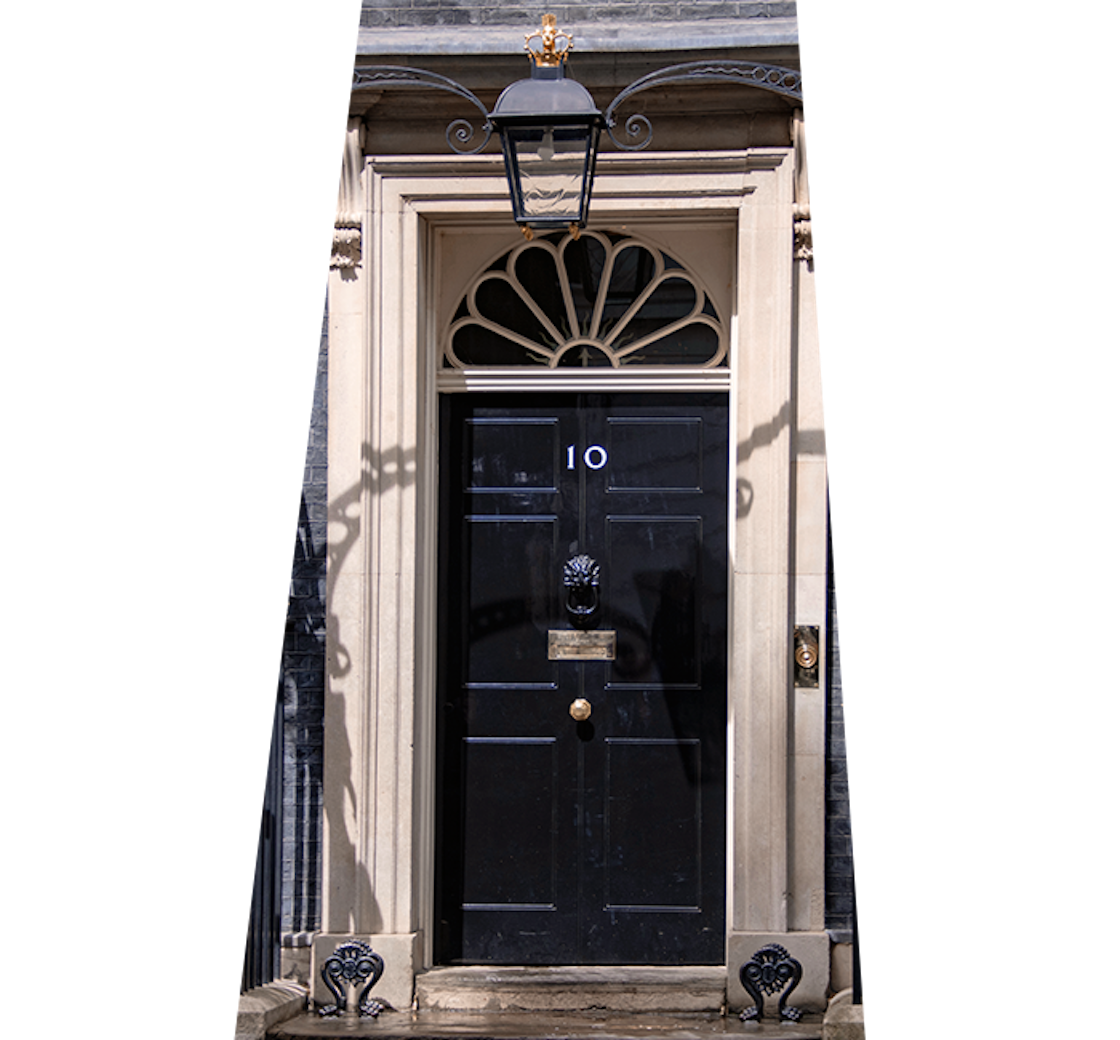
At IPSE, we represent freelancers, contractors and sole traders of all kinds; from graphic designers and electricians to software developers and writers, and thousands of other professionals who keep the UK’s economy running. It’s not up for debate – they’re working people in every sense of the word.
Sir Keir Starmer has always been clear that his party is the party of working people. And upon entering Downing Street, he was equally clear that his government would not raise taxes for working people. But one thing isn't clear – what exactly is a 'working person' in government’s eyes?
At first, I dismissed confusion over this term as being overplayed for political reasons. But with each new definition offered by ministers in the months since, that clarity of message has been overshadowed by ambiguity.
And after the point was debated at last week's Prime Minister’s Questions, following a minister’s remarks that a working person is someone who “gets a payslip”, it's a term that is more likely to land with unease among the self-employed. If the Prime Minister doesn’t have plans to raise taxes on the self-employed, he urgently needs to confront that head-on.
Why language matters
The unease that the self-employed feel with the ‘working people’ debate comes from their exasperation with the ways they can be overlooked and misunderstood in their day-to-day lives.
Whether it’s jumping through hoops to get approved for tenancies and mortgages, to being unable to complete a form that asks for an ‘HR contact’, or an aggravated client who can’t understand why you aren’t attending the weekly ‘all staff’ calls. Sometimes, it just feels like the world is saying: “it would make life easier for us if you had a normal job”.
And that applies to successive governments, too. We’ve seen this embodied in policymaking which sees the self-employed subsumed into the unhelpfully broad category of ‘small business’, and in other policies such as the damaging IR35 reforms and gaps in pandemic support.
So, when ministers state on more than one occasion that payslips are a defining characteristic of a ‘working person’, it feels like yet more of the same for exasperated freelancers and sole traders. Words really do matter, and as far as the term ‘working people’ is concerned, it’s been used to shape much of this government’s agenda – particularly on tax.
After the Prime Minister failed to nip the issue in the bud by ruling out a tax increase for the self-employed at Prime Minister's Questions last week, the sector will have taken notice – especially when the Chancellor has £10 billion of revenue to find at the next Budget.
Are the self-employed a priority for this government?
There are many Labour MPs and affiliated groups like SME4Labour, Community Union and the Fabian Society, who actively campaign for the self-employed within the Labour Party.
And the Labour government itself has made efforts to specifically acknowledge key issues facing the self-employed. It has brought in more transparency over company’s payment practices, to motivate firms to pay more promptly. It has relaunched the Pensions Commission, to help reverse critically low rates of pension saving by the self-employed. And it has plans for blacklisting and whistleblowing protections for the self-employed, as well as a right to a written contract.
But ultimately, the self-employed don’t work for a boss; they mostly get to choose the work they take on, their own hours, their own rates of pay, their own ways of paying themselves and their own place of work. They’re in the driving seat at work, in a way that employees aren't. And in the strange ‘working people’ debate, those qualities might be the reason they fall outside of it.
That’s why it’s troubling when both the Chancellor and Prime Minister pass on opportunities to rule out self-employed tax rises. Nobody is expecting them to write the Budget months in advance. But when that silence is coupled with assurances from ministers that taxes won’t go up in ‘payslips’, a familiar fear settles in – that the self-employed will be made the fiscal fall guy.
We think that would be a huge mistake - and we need your help to make that message understood in Westminster.
We need your help
Government pledged not to raise taxes on working people, and we want to make sure that promise is kept. To do that, we’re gathering views from across the self-employed sector: do you consider yourself a working person? Why? And what does the possibility of being left out of that conversation mean to you?
Send your thoughts directly to IPSE's policy team through the form below. You can also reach us by email at [email protected].
Add your voice to our campaign and help us remind the government that “working people” come in many forms.
Share your views
Page 1
The latest self-employed news & opinions
This article debunks common myths about Making Tax Digital for Income Tax and explains what the April 2026 changes will actually mean for sole traders.

Are Generation Z really behind a side hustle boom, or is it all hype? After digging into the latest data, IPSE's Fred Hicks has the answer.

Meet the newest additions to IPSE’s board of directors, who play a vital role in setting strategy for the organisation.





